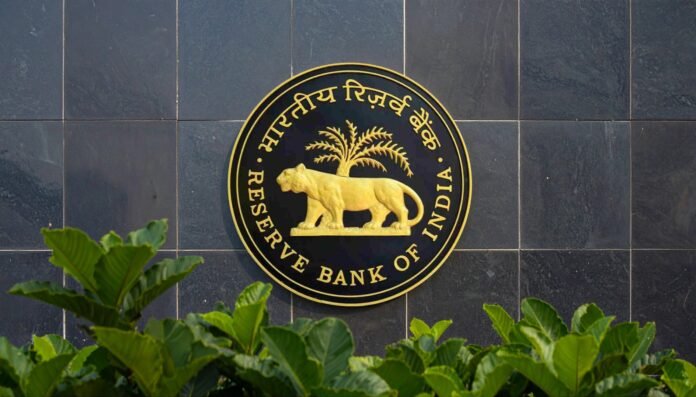The Reserve Bank of India (RBI) has drafted new rules that could let banks finance large company take‑overs. Under the proposal, a bank can lend up to 70 % of the purchase price for a domestic or foreign business that a listed Indian firm wants to buy. The company must put in the other 30 % from its own equity.
Only companies that trade on a stock exchange, have a good net worth and have earned profits for three straight years, can tap this funding. The money can go to the buyer itself or to a special purpose vehicle (SPV) created just for the deal.
The RBI’s draft also sets out strict guidelines. Borrowers must show strong credit records, provide proper security, and the bank must watch the loan closely. SPVs and buyers must be corporate bodies—not alternative investment funds or non‑banking financial companies. The new rules forbid family links between the buyer and the target company.
Securities and Exchange Board of India (SEBI) rules still apply: two independent valuations are needed to confirm the target’s value, and banks will assess risk by looking at the balance sheets of both the buyer and the target together.
Right now, banks can only participate in a handful of acquisition loans. The RBI is still gathering feedback from industry players before finalising the guidelines. The goal is to broaden loan availability for strategic investments while keeping lending practices safe and responsible.
Source: ianslive
Stay informed on all the latest news, real-time breaking news updates, and follow all the important headlines in world News on Latest NewsX. Follow us on social media Facebook, Twitter(X), Gettr and subscribe our Youtube Channel.



